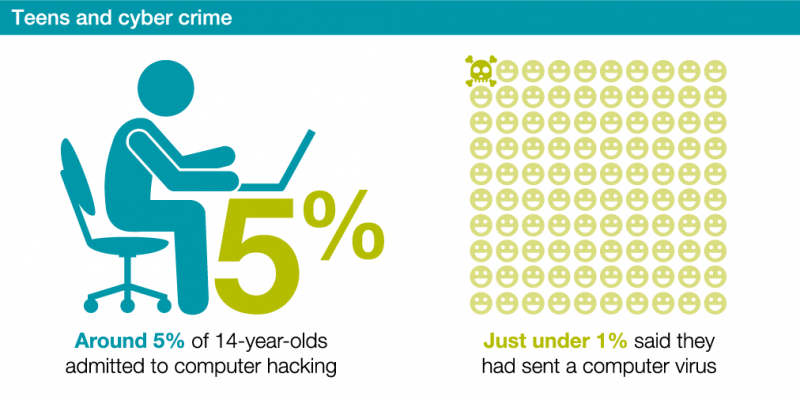
- Our studies
- Our research
- Publications and resources
- Data access and training
- About
- News
- Events
- Get in touch
- Join our mailing list

Our briefings and impact library includes summaries of our research findings as well as reports highlighting the impact of our cohort studies.
This briefing note shows the overall prevalence of shoplifting and neighbourhood crime at age 17 and its co-occurrence with other types of offences. Various prior factors are examined in terms of their association with engaging in these crime types, including family socioeconomics and environment, mental health, and previous experiences of offending.
Join us as we celebrate 50 years of the 1970 British Cohort Study (BCS70) with a new podcast series. Over the course of six weeks, ‘50 Years of Life in Britain’ explores the contribution BCS70 participants have made to improving British science and society. The six-part series tells their story, and charts the first five decades of the study. In our first episode, we explore the first decade of BCS70 and the impact of its early years research on policy many years later.
This book tells the story of one of the longest running and most important studies of its kind in the world. It’s also the story of an incredible group of people who share the same birthday week but have lived such diverse lives.
This book tells the story of one of the longest running and most important studies of its kind in the world. It’s also the story of an incredible group of people who share the same birthday week but have lived such diverse lives.
This short film takes a look back at the first 60 years of NCDS and highlights just some of the important discoveries that have been made.
The film highlights recent findings from the Millennium Cohort Study (MCS) that around one in seven 14-year-olds in the UK are suffering from depression. It features an interview with Professor Emla Fitzsimons, MCS Director.
This briefing, based on data from Next Steps and the Millennium Cohort Study, explores how occupational aspirations of girls and boys differ across ethnic groups, and the extent to which these aspirations feed through into subsequent occupational outcomes.
This webinar introduced the Millennium Cohort Study (MCS) to both first-time and more experienced users. As part of the MCS6 (age 14) survey, cohort members were asked to wear an activity monitor and to complete time use diaries. This webinar focused on the collection, content and structure of these newly-available data.
This briefing, based on data from the Millennium Cohort Study, explores how children with persistent SEN felt about school, their academic ability and their future educational and occupational aspirations at age 14.
This webinar introduced the 1958 National Child Development Study (NCDS) and the 1970 British Birth Cohort Study (BCS70) to both first-time and more experienced users. It focused particularly on the wellbeing measures available in each study.
This briefing paper examines the predictors of mental ill-health in young people taking part in the Millennium Cohort Study.

This infographic highlights the percentage of teenagers who admitted to computer hacking and sending a computer virus. This data was recorded during the MCS Age 14 sweep.
Using information gathered from more than 11,000 14-year-olds in the UK, this paper explores how common risk-taking behaviour is among teenagers in the UK.